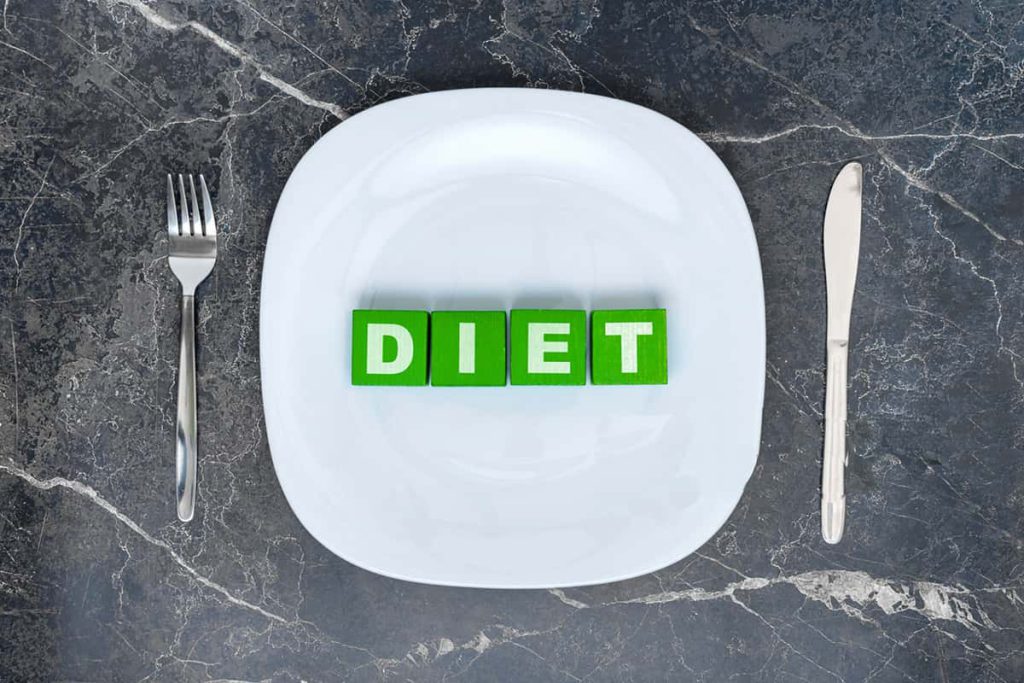Micronutrients, including vitamins and minerals, play a crucial role in maintaining overall health. Though required in smaller amounts compared to macronutrients like carbohydrates, proteins and fats, micronutrients are essential for countless bodily functions. They support immune health, promote growth and development and help prevent chronic diseases. This article explores why micronutrients matter, their benefits and how to ensure you’re getting enough of them, with a focus on the United States audience.

What Are Micronutrients?
Micronutrients are vitamins and minerals that your body needs to function properly. Unlike macronutrients, they don’t provide energy but are vital in metabolic processes, cellular repair and immune function.
Vitamins
Vitamins are organic compounds that your body cannot synthesize in sufficient quantities. They are either water-soluble or fat-soluble:
- Water-soluble vitamins: Vitamin C and B-complex vitamins (such as B6, B12, and folate) need to be replenished daily as the body doesn’t store them.
- Fat-soluble vitamins: Vitamins A, D, E, and K are stored in the body’s fatty tissues and liver.
Minerals
Minerals are inorganic elements sourced from the earth and water and are absorbed by plants and animals. They can be categorized into:
- Macrominerals: Needed in larger amounts (e.g., calcium, potassium, magnesium).
- Trace minerals: Needed in smaller amounts (e.g., zinc, iron, selenium).
The Importance of Micronutrients
Micronutrients are essential for:
- Immune System Support
- Vitamin C helps boost the immune system by encouraging the production of white blood cells.
- Zinc is vital for immune cell development and function.
- Energy Production
- B-complex vitamins, such as B6 and B12, play a crucial role in converting food into energy.
- Bone Health
- Calcium and Vitamin D are essential for building strong bones and teeth, while Magnesium helps regulate calcium levels.
- Cognitive Function
- Iron supports the transport of oxygen to the brain, improving cognitive function, while Vitamin B12 aids in maintaining nerve health.
- Antioxidant Protection
- Vitamin E acts as an antioxidant, protecting your cells from free radical damage, which may help reduce the risk of chronic diseases such as heart disease.
Common Micronutrient Deficiencies in the United States
Despite an abundance of food, certain micronutrient deficiencies are surprisingly common in the U.S. due to poor dietary habits and highly processed foods.

Vitamin D Deficiency
- Causes: Lack of sun exposure and insufficient intake of fortified foods.
- Effects: Can lead to weakened bones and increased risk of osteoporosis.
- Sources: Fortified milk, fatty fish like salmon and supplements.
Iron Deficiency
- Causes: Inadequate consumption of iron-rich foods or issues with absorption.
- Effects: Can lead to anemia, characterized by fatigue and weakness.
- Sources: Red meat, spinach and fortified cereals.
Magnesium Deficiency
- Causes: Low intake of leafy greens, nuts, and seeds.
- Effects: May contribute to muscle cramps, high blood pressure and sleep issues.
- Sources: Almonds, spinach and avocados.
How to Ensure Adequate Micronutrient Intake
Maintaining a balanced diet that includes a wide range of nutrients is key to ensuring you get enough vitamins and minerals.
Eat a Variety of Whole Foods
Incorporating fruits, vegetables, whole grains, lean proteins and dairy ensures a more comprehensive intake of essential micronutrients.
- Fruits and Vegetables: Rich in vitamins like C and A, as well as minerals like potassium.
- Whole Grains: Provide B-vitamins and iron.
- Lean Proteins: Supply zinc and selenium.
Consider Fortified Foods
In the U.S., many common foods are fortified with essential vitamins and minerals. For example, milk is fortified with vitamin D and breakfast cereals are often fortified with iron and B-vitamins. These can be a convenient way to boost your intake of essential nutrients.
The Role of Supplements
While food should always be your primary source of vitamins and minerals, supplements can fill nutritional gaps. However, excessive use of supplements can lead to imbalances or toxicity, especially with fat-soluble vitamins.
- Multivitamins: These provide a balance of essential vitamins and minerals and can be beneficial for people with specific dietary restrictions.
- Targeted Supplements: For those with specific deficiencies, supplements like Vitamin D or Iron may be necessary under medical advice.
Micronutrient-Rich Foods Table
| Nutrient | Food Sources | Benefits |
|---|---|---|
| Vitamin C | Oranges, strawberries, bell peppers | Boosts immunity, promotes skin health |
| Vitamin D | Fortified milk, salmon, egg yolks | Supports bone health |
| Iron | Red meat, spinach, lentils | Helps prevent anemia |
| Magnesium | Almonds, spinach, avocado | Regulates muscle and nerve function |
| Zinc | Oysters, beef, chickpeas | Supports immune health |
Final Thoughts
Micronutrients, while needed in small amounts, have a massive impact on your health. A well-balanced diet that includes a variety of nutrient-dense foods is the best way to ensure you’re getting enough essential vitamins and minerals.
Whether it’s through whole foods or supplements, the importance of vitamins and minerals in maintaining energy, cognitive function and overall well-being cannot be overstated. In the U.S., focusing on a diverse diet and fortification can help prevent common deficiencies, making micronutrients vital in achieving long-term health goals.

